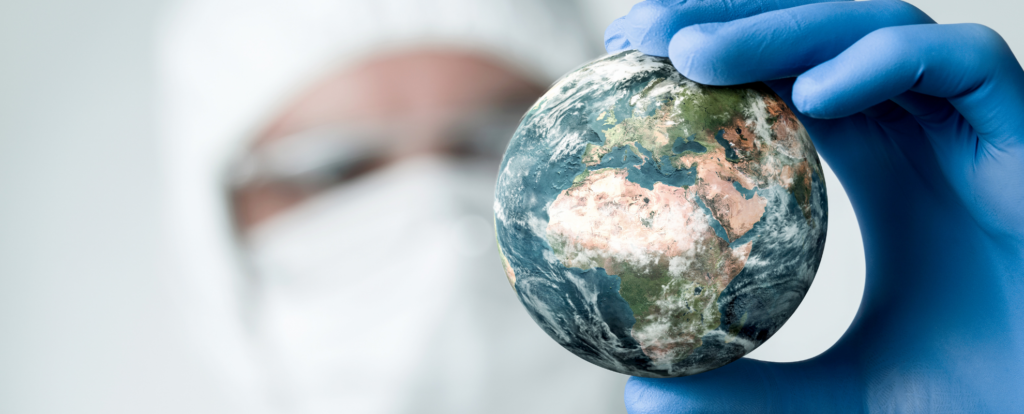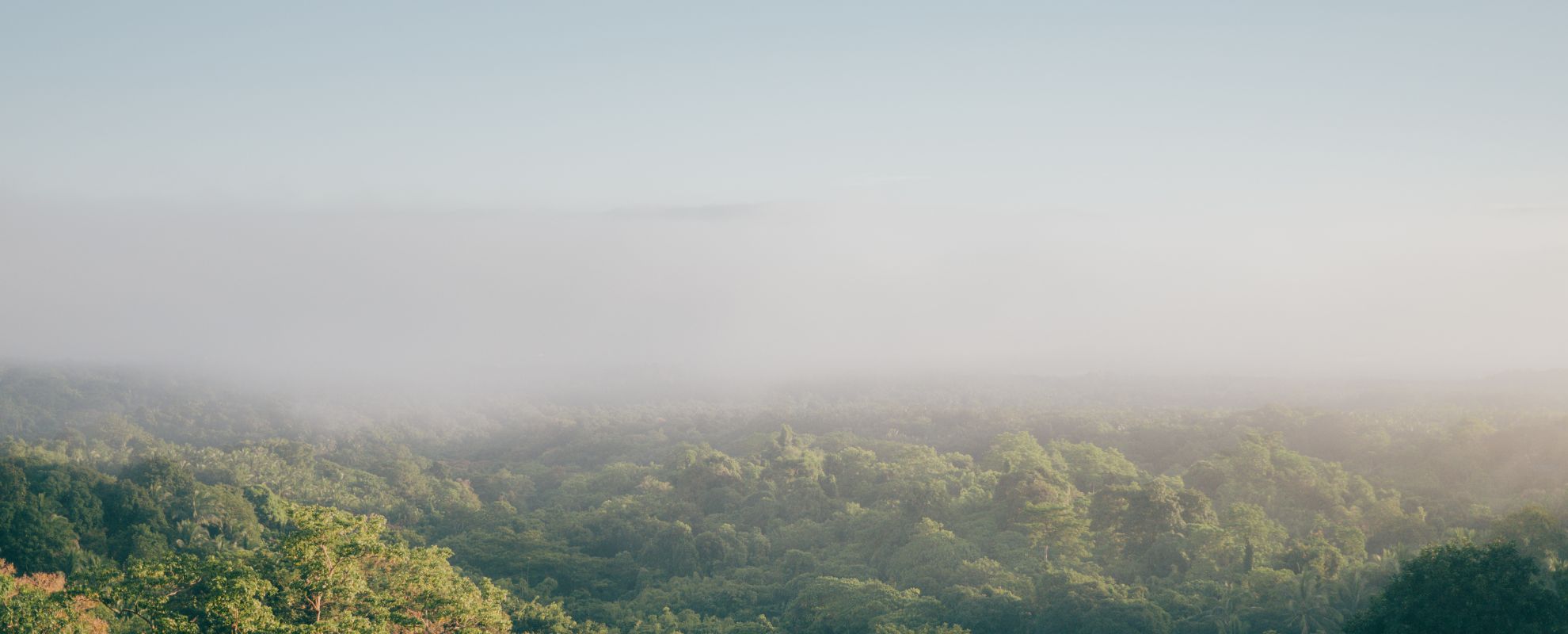Can Patent Waivers cure COVID?
- Dr Julia Schönbohm, Cordt-Magnus van Geuns-Rosch
- April 12, 2022
- BCCG Commentary
Patents have recently become the subject of heated debates. Several countries demand an international waiver of certain patent rights (the so-called TRIPS waiver) to fight the pandemic more effectively. Some politicians and special interest groups claim that patents are to blame for the slow vaccination campaigns in some parts of the world. Pharmaceutical companies, on the other hand, argue that innovation and expensive medical research would be next to impossible without proper patent protection. While these discussions have mostly been stagnant during the world-wide roll-out of vaccination campaigns, the WHO has now announced that the United States, the European Union, India, and South Africa have agreed on key elements of a TRIPS waiver. These recent developments provide an opportunity to examine the details of the TRIPS waiver and the background of a well-working patent system more closely.
In ordinary times, patent laws provide a well-balanced system to protect and incentivise innovation. The patentee discloses an invention to the public and receives the right to exclusively use the invention for a limited time in return. It is the patentee’s right to decide whether and how the patented invention is used, licensed, or sold. For special circumstances, however, most patent laws feature provisions that require to grant access to the protected technology, e.g. compulsory licenses or state-ordered use. If, for example, an emergency for public health emerges and the patentee cannot produce enough of the patented goods himself, governments can step in and order a right to use these patents. Such governmental orders and compulsory licenses must provide for appropriate compensation because patents are considered property rights that are protected under many constitutions. While cases of compulsory licensing are rare in most industrial nations, it is a tool that several nations of the global south have successfully employed. Famous cases include the cancer drug Nexavar and several HIV treatments. In most cases, a licensing fee between 1-6% of the net sales was ordered.
The proposed TRIPS Waiver goes a crucial step further. The story began when India and South Africa submitted a motion to the World Trade Organisation (WTO) to waive certain parts of the Agreement on Trade-Related Aspects of Intellectual Property Rights (TRIPS) in relation to the prevention, containment, or treatment of COVID-19 for all 164 WTO member states. While the original application was submitted before any COVID vaccines were available and in fact before any patent applications on COVID vaccines had been published, several other countries have joined the request.

But let’s take a step back and examine the actual significance of the proposed waiver. The WTO does not have the authority to waive patent rights and neither has the EU. Patents are national rights and only national authorities can pass laws or regulations to suspend or weaken patents. The proposed TRIPS waiver would do something else instead. The TRIPS Agreement provides a guaranteed minimal protection standard of IP in any WTO member state. This includes provisions on emergency measures and compulsory licensing as well. If a TRIPS member state waived certain patent rights, it would violate the TRIPS Agreement, making the country liable to damages claims. Without the TRIPS provisions, however, a country could waive patent rights without having to pay damages and without ordering governmental use or issuing compulsory licenses. The main benefit to the countries requesting the waiver is therefore to avoid compensation.
The TRIPS waiver and subsequent waivers of national patent rights can in any event not address key problems of the vaccination campaign. The initial production shortages were not caused by patents as that was long before any patent applications on COVID vaccines or crucial underlying technology had been granted. Rather, the raw materials were not available, the production process is difficult to up-scale and the new vector and mRNA vaccines required new technology and machinery. Development and production of the vaccines has therefore been an immensely expensive process. Potential licensing fees – whether in form of compulsory or voluntary licensing – pale in comparison to the barrier of entry caused by the significant investments needed to establish the required infrastructure for large-scale vaccine production.
Despite the initial challenges of the global vaccination campaign, more than 11 billion vaccination doses have been administered around the globe. Unsurprisingly, however, the distribution of vaccines has not been equal. Only few nations, such as the United Arab Emirates, Brunei, Chile, Cuba, China, Singapore, and some EU states, have surpassed the threshold of 200 vaccinations per 100 citizens. Several African nations still have significantly lower vaccination rates. Despite the delivery of roughly 600 million vaccine doses through facilities such as COVAX, AVAT and bilateral Agreements and enormous vaccination programs rolled out by WHO, UNICEF, IFRC and similar institutions, distribution of vaccines remains challenging. It is therefore understandable that proponents of the TRIPS waiver demand to increase vaccine supply.
According to recently leaked documents detailing the current state of negotiations, patent protection would be suspended for either 3 or 5 years for developing WTO member countries that exported less than 10 percent of world exports of vaccine doses in 2021. However, it is still not clear whether a waiver will happen in this or any other form, as it would require the consent of all 164 WTO member states. Critics further argue that the recently published patent applications for vaccine patents are not the main reason for bottlenecks and that a TRIPS waiver would therefore be no silver bullet to suddenly increase vaccine supply. Further, several pharmaceutical companies have pledged not to enforce patents in low-income countries. It therefore remains to be seen whether the discussions around the TRIPS waiver will actually prove to be a remedy against COVID-19.
Dr. Julia Schönbohm
Global Head of TMT/IP, Global Co-Head of Technology, Frankfurt
Cordt-Magnus Erich van Geuns-Rosch
Associate, Gewerblicher Rechtsschutz, Frankfurt
Linklaters LLP

